Life
Sign up for our newsletter
We summarize the week's scientific breakthroughs every Thursday.
-
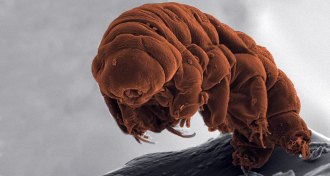 Genetics
GeneticsTardigrades aren’t champion gene swappers after all
Genetic studies reveal more secrets of the bizarre creatures known as tardigrades.
-
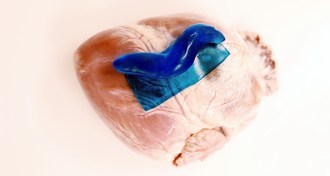 Materials Science
Materials ScienceSlug slime inspires a new type of surgical glue
A new glue that mimics a slug’s mucus secretions sticks well, even when wet. The adhesive could be used in place of sutures or staples in surgeries.
-
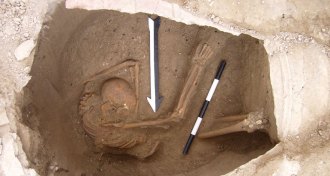 Anthropology
AnthropologyAncient DNA offers clues to the Canaanites’ fate
DNA is painting a more detailed portrait of the ancient Canaanites, who have largely been studied through the secondhand accounts of their contemporaries.
-
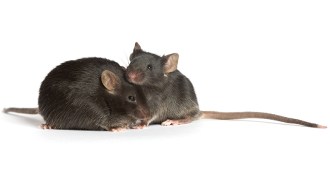 Genetics
Genetics50 years ago, diabetic mice offered hope for understanding human disease
Mice described in 1967 are still helping researchers understand diabetes.
-
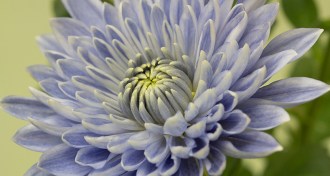 Plants
PlantsBorrowed genes give mums the blues
Scientists have genetically modified chrysanthemums to be “true blue” for the first time.
-
 Anthropology
AnthropologyReaders question hominid family tree
Readers sent feedback on hominid origins, fast cameras, slimy sea creatures and more.
-
 Health & Medicine
Health & MedicineMost football players who donated their brains to science had traumatic injury
A self-selected sample of 202 deceased football players, the largest to date, finds that the majority suffered from chronic traumatic encephalopathy.
-
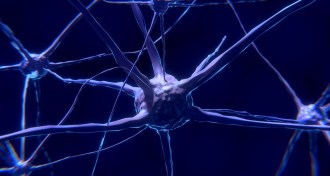 Neuroscience
NeuroscienceThere’s a long way to go in understanding the brain
Neuroscientists offer multiple “perspectives” on how to plug gaps in current knowledge of the brain’s inner workings.
-
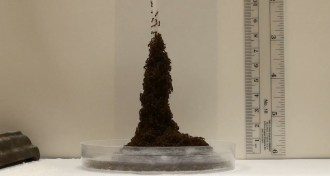 Animals
AnimalsFire ants build towers with three simple rules
Fire ants use the same set of simple rules to produce static rafts and perpetually moving towers.
-
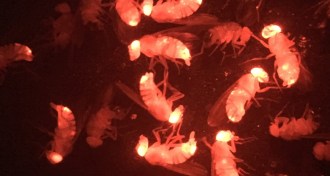 Genetics
GeneticsResistance to CRISPR gene drives may arise easily
New tools for pest and disease control could become useless without improvements.
-
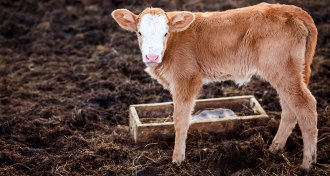 Health & Medicine
Health & MedicineCows produce powerful HIV antibodies
For the first time in any animal, researchers elicit broadly neutralizing antibodies against HIV. Cows’ antibodies could help with drug development.
-
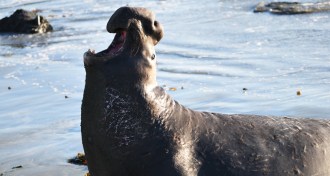 Animals
AnimalsElephant seals recognize rivals by the tempo of their calls
The distinct sputtering-lawnmower sound of a male elephant seal’s call has a tempo that broadcasts his identity to competitors.